| | | | Policy Brief Special December 2024
German election 2025 | |
| | | | A fresh start for a strong aviation industryGermany and Europe must act. The economy is stagnating, and structural problems are hampering growth. Overregulation, high taxes and fees, and an outdated infrastructure burden companies and weaken their competitiveness. Geopolitical developments are further exacerbating the situation. | |
| | | | Germany is lagging behind
Seat capacity at... 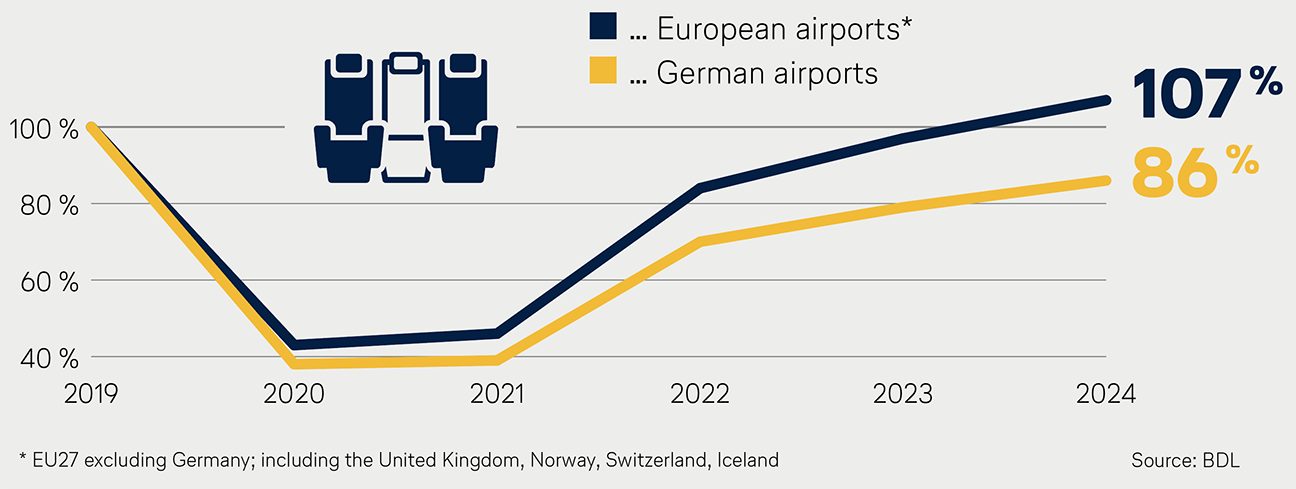
| |
| | | | Seat capacity in Germany remains significantly below 90 percent of pre-crisis levels. In contrast, in other EU countries and worldwide the industry is expanding. Domestic airlines and airports are losing important market share to competitors, particularly on routes between Europe and Asia. This is due to massive regulatory competitive disadvantages. This development is alarming for both businesses and employees. For Germany’s attractiveness and success as a business location, optimal access to the international markets is crucial. Global trade offers companies opportunities for profit that also enable investments in greater sustainability in the first place. A strong European aviation industry ensures the sovereignty and independence of the continent – a valuable asset, not only in geopolitically challenging times. To drive a new economic dynamic, policymakers in Berlin and Brussels must realign structurally, aiming to strengthen the continent’s competitiveness. The past few years have been disappointing for the aviation industry. Disagreements among Germany’s coalition parties have too often prevented a strong German voice in Brussels, one that could firmly oppose the disadvantages imposed on EU airlines. Now is the time to dismantle and reduce one-sided regulatory burdens and correct them in order to create a level playing field. Regulations must undergo to a global “competition check”. A further loss of value creation and prosperity must and can be avoided. | |
| | | | Key prioritiesEU: realigning aviation policy - Make climate protection measures competition-neutral
- Finance SAF blending mandate through a targeted climate protection levy or a Carbon Border Adjustment Mechanism (CBAM)
- Promote the production and use of SAF
- Subject regulations to a global competition check
- Use air transport agreements as an instrument for fair global competition
Germany: reducing location costs - Abolish aviation tax
- Abolish national PtL blending mandate
- Limit increase in aviation security and air traffic control fees
| |
| | | | Strengthening Germany as an aviation locationFlying from and to Germany is the most expensive in Europe: since 2019, state taxes and fees have almost doubled. As a result, demand is stagnating and airlines are leaving the German market. Many regions are suffering from a loss of connectivity. | |
| | | | Location costs: on average around 30 percent of the cost of a flight from Germany 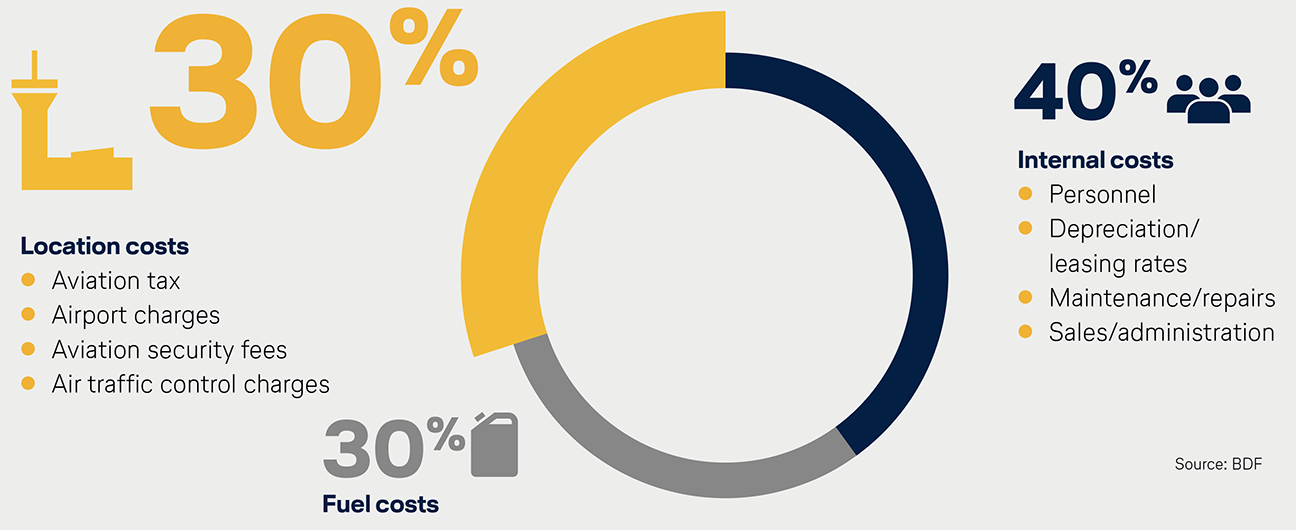
| |
| | | | Effectively reducing location costs
The German aviation tax has led to a significant disadvantage in European and international competition. It is the highest of its kind in Europe and makes departure from domestic airports immensely more expensive – without any real added value for the environment or passengers. In order to prevent Germany from being left behind, relief is urgently needed. Therefore, the aviation tax should be abolished without replacement. In addition, a stronger state contribution to the costs for the sovereign tasks of aviation security and air traffic control is overdue in order to unlock growth potential. Modernize airports
The digitalization of the travel and logistics chain, artificial intelligence, biometrics and increased competition in ground handling can significantly simplify and accelerate airport processes. To shorten waiting times at security checkpoints, German airports should be quickly equipped with modern CT scanners, ideally at their own responsibility. Furthermore, intermodal transport in Germany needs to be further improved. Munich Airport, as an international hub, urgently needs an ICE railway connection. Modern air cargo handling
To be an attractive air cargo location, Munich Airport urgently needs to modernize and digitalize its customs processes to ensure the necessary efficiency in the interest of the German export industry and consumers. In addition, European customs and aviation security regulations should be implemented uniformly to avoid unilateral national burdens. Germany's special approach to collecting import sales tax increases costs for importers and weakens Germany's international competitiveness. | |
| | | | Combining climate protection and competitivenessCombating climate change is a global task. However, the EU is pushing ahead with its own climate protection policy with ambitious CO₂ reduction targets – mostly regardless of whether they are economically feasible. In their specific design, the measures adopted for aviation place a one-sided burden on domestic airlines and airports. This leads to competitive distortions and promotes “carbon leakage”. This can and must be prevented, as clearly outlined in the report by Mario Draghi. | |
| | | | Travelers flying from the EU to the Asia-Pacific region
EU airlines face massive losses in market share 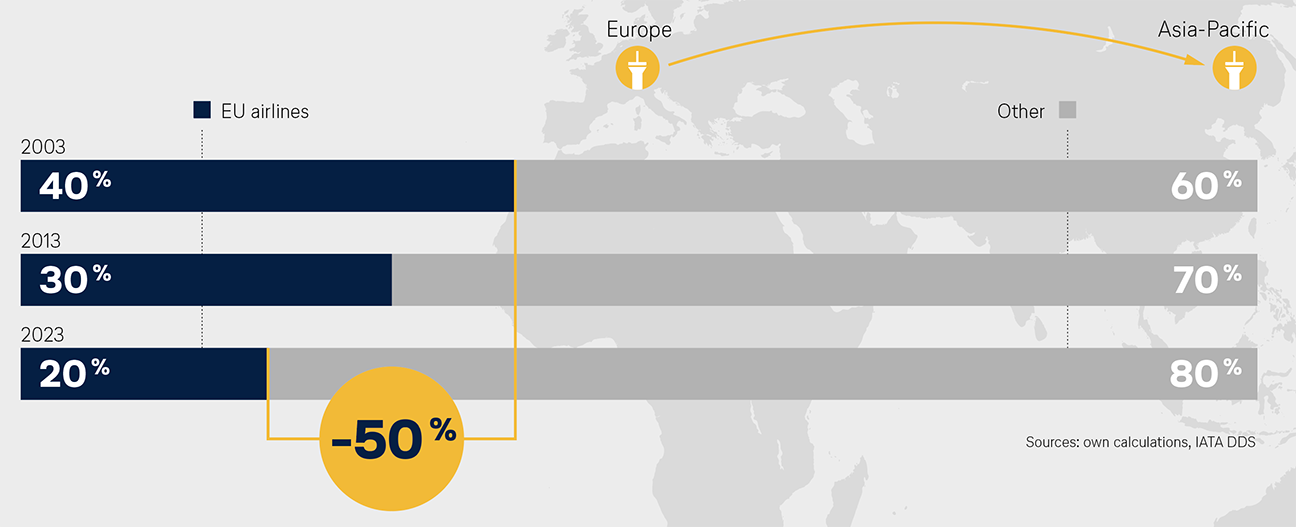
| |
| | | | SAF blending mandate should be competition-neutral
The EU-wide blending mandate for sustainable aviation fuels (SAF) and the EU-ETS, unilaterally increase the price of flight connections via European hubs. Traffic and emissions are thus shifted to the gates of the EU (“carbon leakage”) – without any environmental benefit, but at the expense of European value creation, jobs and connectivity. Targeted corrections are needed. A fair solution for financing the SAF blending mandate would be a European climate protection levy for all airlines, depending on the destination, but regardless of the transfer point. Another way to reduce the distortion of competition would be to introduce a carbon border adjustment mechanism (CBAM) for airlines that are not adhering to EU blending mandates. In addition, effective funding and import strategies are needed for biogenic SAF and electricity-based fuels (PtL) so that Europe and Germany have sufficient sustainable aviation fuels at competitive prices in the future. Abolish national PtL blending mandate
Successful climate protection requires ambitious but achievable targets. The German PtL blending mandate that will apply from 2026 is not practically achievable because there will not be enough electricity-based fuel available for the foreseeable future. Furthermore, the German requirement directly contradicts the EU regulation, which calls for a harmonized approach across Europe. The national PtL blending mandate should therefore be abolished, following the proposal of the German Federal Cabinet. This is also demanded by the state premiers. Realign air transport agreements
Air transport agreements can be a lever for internationally balanced competitive conditions and effective climate protection. They must ensure that unilateral burdens on domestic aviation are avoided. To this end, binding and verifiable requirements for environmental and consumer protection as well as social standards must be integrated into existing and future air transport agreements. Furthermore, more attention must be paid to the comparability of the market environment and, in general, to a fair set of rules. | |
| | | | Modernizing labor lawLawmakers must create a suitable framework for safeguarding existing jobs and creating new ones. Modern labor laws are indispensable for this.Reliable rules for strikes
Confrontation instead of cooperation endangers growth and prosperity. The right to strike should be appropriately regulated in sectors with high third-party impacts, such as aviation. Spain can serve as a model: a triad of notice periods, emergency service agreements and mandatory arbitration ensures proportionality in the right to strike there. Reducing bureaucracy, promoting digitization
Unnecessary bureaucratic hurdles in labor law must be reduced and legal regulations adapted to the digital age. Reforms are needed, for example, in IT co-determination and in reducing formal requirements, such as those for reference letters. In addition, the law on working hours should be modernized to allow for flexible maximum weekly working hours and trust-based working time. German legislation must not lag behind the possibilities offered by European law, which enables such flexibility. Work must pay off
The attractiveness of work depends largely on the disposable net wage. Instead of discussing a higher gross minimum wage, the focus should be more on the net wage. In addition, policymakers should create effective incentives for voluntary overtime. Tax- and social security-free overtime bonuses are not effective because they create additional bureaucratic hurdles. | |
| | | | Defense policy: Implementing the “Zeitenwende”Russia's war of aggression against Ukraine has fundamentally changed the security situation in Europe. Not least the change of government in the United States now requires courageous and decisive action. The primary goal must be to ensure the operational and defensive capability of the Bundeswehr in the long term.Building maintenance centers
Germany must not be dependent on non-European partners when it comes to the maintenance and supply of its military equipment. Many modern fighter aircraft and helicopters come from U.S. manufacturers. This dependency should be reduced: Germany and Europe should be able to maintain and operate these systems independently and autonomously. An important contribution to an integrated European defense policy would be the targeted development of our own maintenance centers, through which European armed forces would have unrestricted access to maintenance resources and spare parts even in times of crisis. The centers would facilitate cooperation between European partners and increase the efficiency of European defense policy. | |
| | | | LUFTHANSA GROUPYour Contacts Show PDF Show PDF
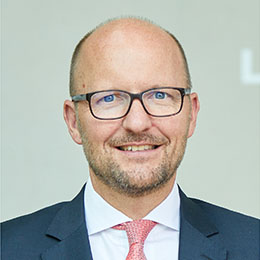
Andreas Bartels
Head of Corporate
Communications
Lufthansa Group  +49 69 696-3659 +49 69 696-3659
 andreas.bartels@dlh.de andreas.bartels@dlh.de
| 
Dr. Kay Lindemann
Head of Corporate
International Relations and
Government Affairs
Lufthansa Group  +49 30 8875-3030 +49 30 8875-3030
 kay.lindemann@dlh.de kay.lindemann@dlh.de
|

Martin Leutke
Head of Digital Communication
and Media Relations
Lufthansa Group  +49 69 696-36867 +49 69 696-36867
 martin.leutke@dlh.de martin.leutke@dlh.de
| 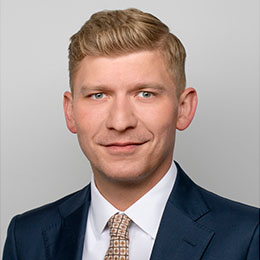
Jan Körner
Head of Government Affairs
Germany and Eastern Europe
Lufthansa Group  +49 30 8875-3212 +49 30 8875-3212
 jan.koerner@dlh.de jan.koerner@dlh.de
|

Sandra Courant
Head of Political Communication
and Media Relations Berlin
Lufthansa Group  +49 30 8875-3300 +49 30 8875-3300
 sandra.courant@dlh.de sandra.courant@dlh.de
| 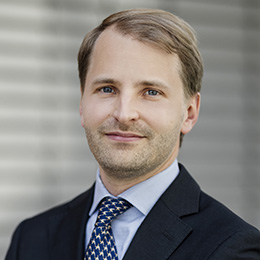
Ruben Schuster
Head of EU Liaison Office
Lufthansa Group  +32 492 228141 +32 492 228141
 ruben.schuster@dlh.de ruben.schuster@dlh.de
|
| |
| | | | Published by:
Deutsche Lufthansa AG
FRA CI,
Lufthansa Aviation Center
Airportring, D-60546 Frankfurt Andreas Bartels
Head of Corporate
Communications
Lufthansa Group Dr. Kay Lindemann
Head of Corporate International
Relations and Government Affairs
Lufthansa Group Martin Leutke
Head of Digital Communication
and Media Relations
Lufthansa Group | Editor in Chief:
Sandra Courant Editorial Staff:
Grit Engelbart, Anton Heinecke, Maximilian Kiewel, Markus Linke, Thrasivoulos Malliaras, Marie-Charlotte Merscher, Dr. Christoph Muhle, Yannick Tubes Press date:
17 December 2024 Agency Partners:
Köster Kommunikation
GDE | Kommunikation gestalten |
| |
|